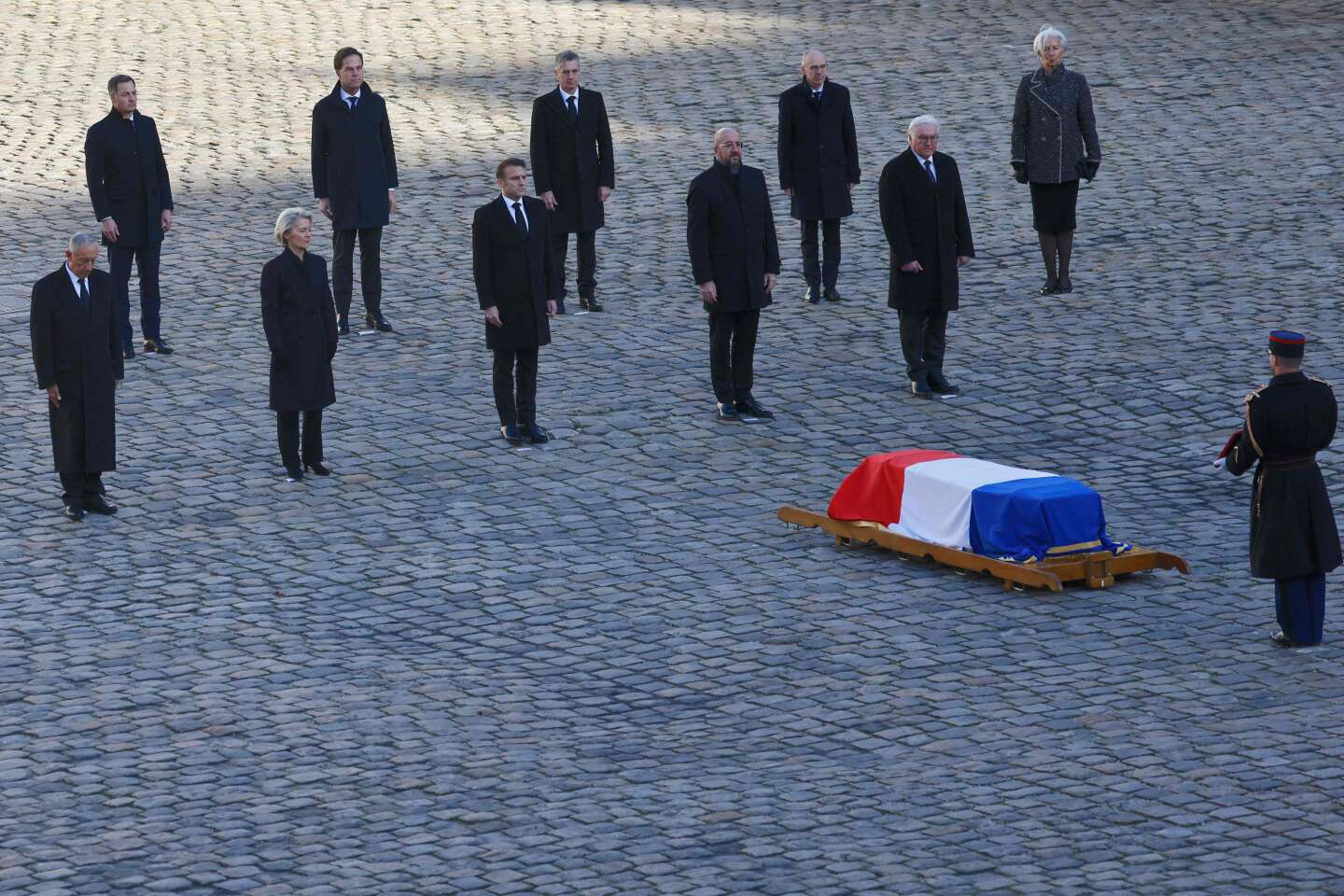


With the death of Jacques Delors, president of the European Commission from 1985 to 1995, a chapter in European history has ended. The time has come to take critical stock of this decisive period and to draw lessons for the future, a few months ahead of the European elections of June 2024.
To say that the Europe we know today was shaped during this period would be an understatement, with the 1986 Single European Act (allowing for the free movement of goods and services), the 1988 European Directive on the liberalization of capital flows and the 1992 Maastricht Treaty. In particular, it was the Maastricht Treaty, narrowly adopted by French voters in September 1992 (51% yes), that transformed the former European Economic Community (EEC, established in 1957 by the Treaty of Rome) into the European Union (EU) and endowed it with a single currency. As planned in 1992, the euro came into effect in 1999 for companies and in 2002 for individuals.
The 2005 Treaty establishing a Constitution for Europe – rejected in France in a referendum (55% voted no) and then adopted by Parliament after a few minor changes in the form of the Lisbon Treaty in 2007 – basically confined itself to consolidating the crucial decisions made between 1986 and 1992 and constitutionalizing the principles of free competition and free movement, without any major innovations. The 2012 European Fiscal Compact tightened up the Maastricht criteria on debt and deficits laid down in 1992, again without any significant innovation.
No common tax system
To understand what was at stake in the decisive European negotiations between 1985 and 1995, the reference work remains that published in 2007 by Rawi Abdelal (Capital Rules: The Construction of Global Finance, Harvard University Press). Based on dozens of in-depth interviews with the main political players and senior European officials at the time, in particular Jacques Delors and Pascal Lamy, Abdelal skillfully analyzes the visions of the future and the negotiating leeway of both sides.
In a nutshell, the French Socialists were gambling that the creation of the euro and the European Central Bank (ECB), a powerful federal institution that makes decisions by majority vote, would eventually enable the establishment of a European public power capable of regulating economic forces more effectively than the French left-wing unity government that emerged from the 1981 elections. To achieve this result, they agreed to the central demand of the German Christian Democrats, who advocated absolute liberalization of capital flows, without any public regulation, and in particular without any common taxation. This was a crucial issue largely neglected by French President François Mitterrand and Delors during the negotiations. The foundations of the compromise were laid.
You have 55% of this article left to read. The rest is for subscribers only.
